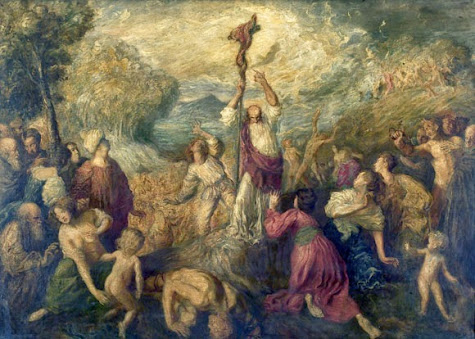Make no mistake about it, here we are all deep into great conversations, but not with each other. When have doodads taken over our lives?
This is the theme of my new book entitled Present! While writing it, I analyzed, bit by bit, the pitfalls of being attached to a digital thingy, based on a slew of research materials. But after sending the finished manuscript to my editor, I find myself falling into the trap and modeling it.
I’m afraid my credibility may have dripped down the sewer.
After the book shall have been edited, I will read it again—not as the writer but as a reader. I think I need that book more than anybody at this point.
Ancient Roman philosopher, Marcus Tullius Cicero, couldn’t have known about technology taking over our lives today when he said, “Silence is one of the great arts of conversation.” He never reckoned with this kind of family bonding.
Going back to Present! I am now in the midst of the next publishing stage: waiting.
After hibernating the manuscript, waiting—the longest step in the long book-writing process—for the edited manuscript can take forever. I am biting my nails as I look forward to the step after waiting: printing.
Right now I need a drink; I thirst for the calming grace of patience.















